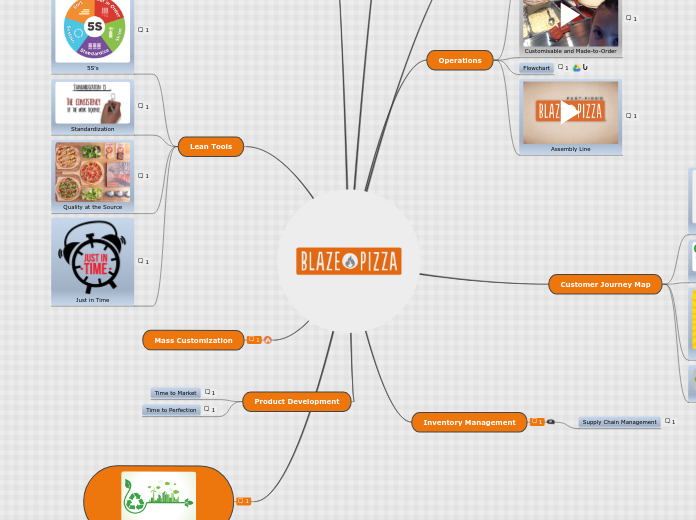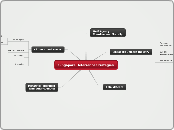Prejudice and Intergroup Relations
Imapact of Prejudice on Targets
Stereotype Threat
Imagining interacting with younger people improved performace for older people
Meta-analysis found that stereotype threat does impair test performance for women and minorities.
confirming neg. stereotypes=nervousness=worse scores
most powerful when it is difficult to contradict
Stereotype threat-the fear that one might confirm the stereotypes that others hold
Stigma and self-protection
Crocker and Major (1989) african americans have higher self-esteem (despite prejudices against them)
attribution theory-
Criteria of self-worth- discount standards
social comparison-compare against eachother
Self Fufilling and Self Defeating Prophecies
Self-defeating prophecy-A preduction that ensures (by your behavior) that it will not come true
Self-fufilling prophecy- prediction that ensures, by your behavior, that it will come true (toliet paper shortage)
baby faces = more honest
Overcoming Stereotypes
Superordinate Goals
jigsaw classroom- cooperative learning technique for reducing feelings of prejudice
developed by Elliot Aronson
Contact
stereotypes/prejudices reduced with positive contact with outgroup member
Conscious Override
Conscious override
automatic sustem sustains prejusices
conscious system strive to overcome prejudices
Motives for Overcoming Prejudice
Plant and Devine (1998) Internal and Extermal Motivation tto Respond without Prejudice (scale that measures motive on reducing prejudice)
motives: dedication to equality, and expressing prejudice can provoke social disapproval
Discrimination in Reverse
People overcome prejudice by making couscious efforts to be fair and equal in how they treat others
Dutton & Lake (1971) restruant treated black people more favorable to avoid appeearing biased
If black couple arrived first they were seated despite breaking dress code
Mental Processes of Nonprejudiced People
Patricia Devine (1989) automatic system operates similiar in noth prejudice and nonprejudice people.
nonprejudice people replaced prejusice thoughts with tthoughts of equality
Inner Processes
conformation bias-focus more on evidence that supports one's expectations than on contradicting evidence
Emotional stress can activate and distort stereotypes...Maner (2005) stereotyping after a horror movie
Conflict and stress bring out stereotypes (racial stereotype useage increases when there is a disagreement)
Self-serving bias- tendency for people to take credit for success but refuse blame for failure (blame scapegoats)
Scapegoat Theory-blamingg problems on outgroups contrributes to negative attitudes towards these outgroups (linked to attribution theory)
Hovland and Sears (1940) cotton and lynching. violence against african americans increased as the price of cotton decreased
salience-being obvious/standing out
contributes to stereotyping
purely cognitive process (without emotional/motivational influence)
Content of Prejudice and Stereotypes
Always Negative?
Glick & Fiske (1996) Benevolent sexism =worse than hostile sexism for women's cognitive performance
still opressive
Always wrong, mostly wrong, or mostly right?
When people meet someone they generally rely on what they learn about that individual rather than stereotype
Political stereotypes are not accurate
Janet Swim (1994) people's stereotypes are accurate in content and degree
Why Prejudice Exists
Stereotypes as heuristics
can lead to errors but often produce right answer
Gordon Allport (1954) stereotyping as "the law of least effort"
stereotypes as mental shortcuts
Rationalization for opresssion
People in positions of power and wealth find stereotypes to be an appealing way of explaining their superiority
Ignorance?
contact hypothesis-Gordon Allport (54) idea that tregular interaction between members of different groups reduces prejudice (under favorable conditions)
Prejudice and Self-esteem
reguarding outgroup members as inferior raises your self-esteem (belonging to your superior group)
Us vs. Them
Discontinuity Effect-grroups are more ectreme and more hostile than individuals
Cooperation-working together with others to help all achieve their goals
Competition-people can attain their goals ONLY if others do not
Realistic conflict Theory- competition over scarce resources leads to intergroup hostility and conflict
frusturation/agression theory
Sherif (1953) summer camp study...creating and getting rid of prejudice
Ingroup Favoritism-preferential treatment of, or more favorable attitudes toward people in one's own group
negative stance towards "them"
minimal group effect- the finding that people show facoritism toward ingroup members even when group membership is randomly determined
Prejudice, Discrimimation, and Stereotypes
Common Prejudices and Targets
homosexuals
People are more likely to be agressive toward gay people if they believe it is a lifestyle choice (not biological)
homophobia-excessive fear of homosexuals or homosexual behavior
Matthew Shepard
People who are overweight
stigma by association-rejection of those who associate with stigmatized others
Arabs and Muslims
"lost e-mail" study
More extreeme since Sept 11th
Sigmas-characteristics of individuals that are considered socially unacceptable
ABC's of intergroup relations
Cognitive Component is Stereotyping
Behavioral component is Discrimination
Affective Component is Prejudice.
Definitiions
outgroup homogeneity bias- the assumption that outgroup members are more similiar to one another than ingroup members are to one another
Ingroup members-people who belong to the same group or category as we do
Outgoing members-people who belong to a different group or category than we do
Social Catogorization-the process of sorting people into groups on the basis of characteristics they have in common
Categorization-the natural tendency of humans to sort objects into groups
Stereotypes-Beliefs that associate groups of people with certain traits
Subtype-people use for individuals who do not fit a certain stereotype
Discrimintation-unequal treatment of different people based on the groups or categories to which they belong
Can happen without prejudice
Aversive racism-Simultaneously holding egalitarian values and negative feelings toward minorities
Racism-prejudiced attitudes toward a particular race
Prejudice-s negative feeling toward an indicidual based solely on his or her membership in a particular group









